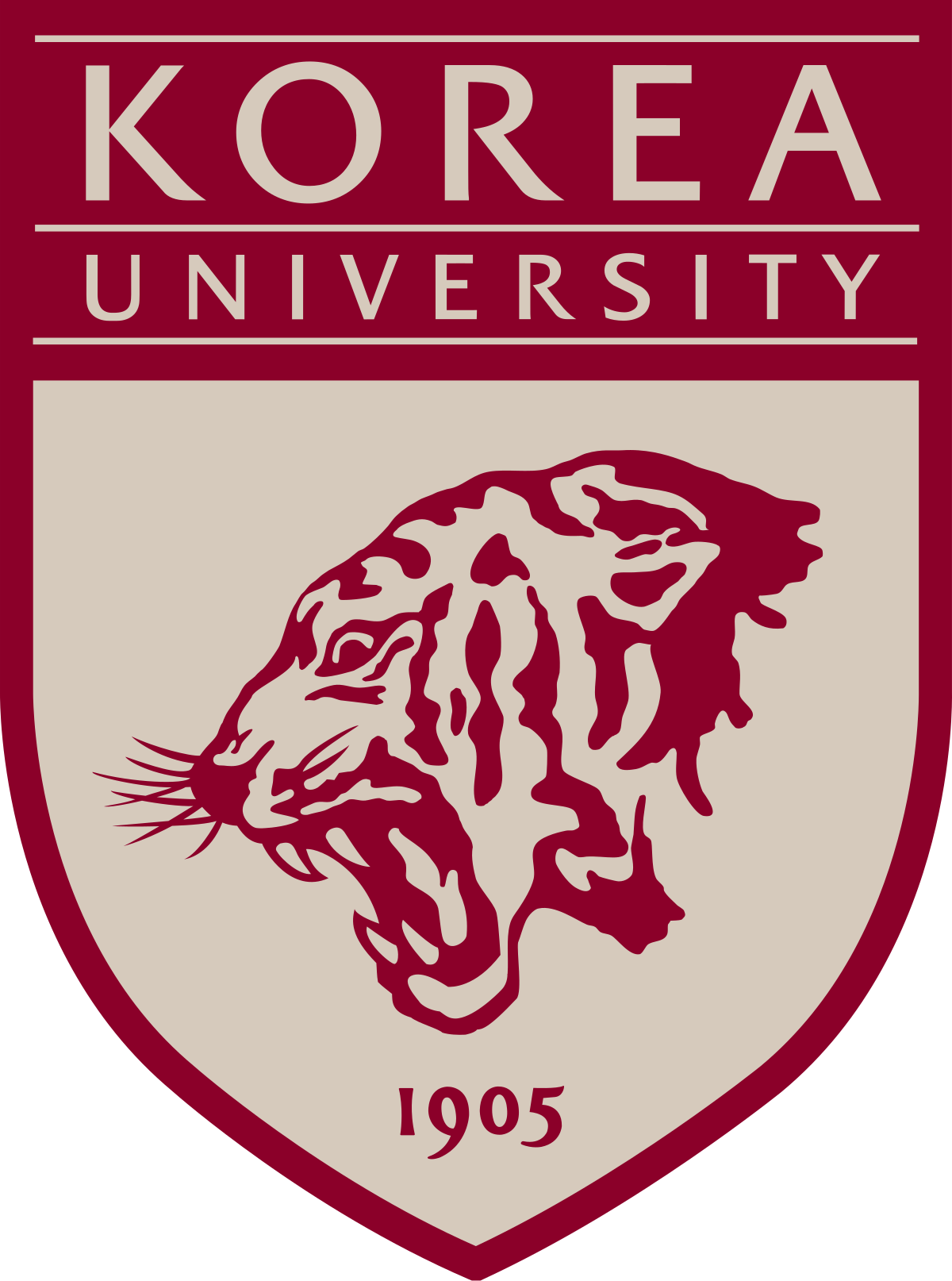Yonsei University
Explore the rich history and significant milestones of Yonsei University, one of South Korea's leading educational institutions. This timeline reveals key events and developments from its founding to the present day, highlighting its contributions to education and society.
Founding of Yonsei University
Yonsei University's founding date is marked on April 10, 1885, with the establishment of a small medical facility, the Gwanghyewon. Later, it was renamed Chejungwon and became the foundation for what would eventually evolve into Yonsei University. The institution started with a clear mission to educate medical professionals and was operated under the auspices of American missionaries who were pivotal in laying its groundwork.
Merger of Yonhi College and Severance Medical College
In January 1957, Yonsei University was officially formed through the merger of Yonhi College, a prominent higher education institution in Korea, with Severance Medical College, a pioneer in Western medical education in Korea. This merger was significant as it combined strengths in liberal arts and sciences along with professional medical education, leading Yonsei to become one of South Korea's first and most prestigious private universities.
Opening of Yonsei University Wonju Campus
The Wonju Campus of Yonsei University was inaugurated in March 1971 as part of the university's strategic growth plan to expand education opportunities beyond the main campus in Seoul. The campus offered various undergraduate and graduate programs. It was part of a national policy to decentralize higher education and make it more accessible to students across different regions, providing high-quality educational and research opportunities in various fields.
Establishment of College of Commerce and Economics
October 1981 marked the establishment of the College of Commerce and Economics, further broadening Yonsei University's academic offerings. The new college aimed to produce leading professionals in the fields of economics, business administration, and commerce, responding to the growing industrialization and economic development occurring in South Korea during that period. The college has since become a prestigious part of Yonsei, contributing significantly to the economic and financial sectors in Korea.
Yonsei-Samsung Learning and Information Center Completion
In December 1996, the Yonsei-Samsung Learning and Information Center was completed with significant funding from Samsung, marking a milestone in Yonsei University's commitment to technological advancement in education and research. This state-of-the-art facility was designed to enhance digital learning and access to information, establishing it as a leader in integrating technology and education in South Korea, thus providing students with cutting-edge resources and infrastructure.
Opening of Yonsei International Campus in Songdo
The Yonsei University International Campus opened in March 2008 in Songdo, Incheon, representing a significant expansion of the university's global education initiatives. This campus was established to foster international collaboration and provide education with a global perspective. Its facilities were designed for cutting-edge research and academic programs that attract students and researchers from around the world, enhancing Yonsei's position as a leading global institution.
Completion of Underwood Hall Renovation
The renovation of Underwood Hall was completed in October 2016, revitalizing one of Yonsei University's most historic buildings. Underwood Hall, named after the university's founder, Horace Grant Underwood, serves as a symbol of the university's rich history and commitment to preserving its heritage. The renovation included modernizing facilities while maintaining the hall's original architectural charm, providing a refurbished space for both educational purposes and administrative offices.
Yonsei University celebrates 134th Anniversary
In 2019, Yonsei University celebrated its 134th anniversary, marking over a century of excellence in education, research, and community service. This event reflected on Yonsei's growth from a small medical institution to a comprehensive university with global influence. The celebration involved various academic and cultural events, showcasing the university's achievements and strategic vision for the future in continuing to provide top-tier education and innovation in South Korea and beyond.
Introduction of Yonsei Three Cs Principle
Yonsei University introduced the 'Three Cs' principle in March 2020 as an integral part of its educational philosophy aimed at creating a dynamic and adaptable learning environment. The Three Cs stand for 'Connect, Communicate, and Collaborate', reflecting the university's dedication to fostering strong relationships, active communication, and collaborative innovation across its diverse community. This initiative highlights Yonsei's commitment to preparing students for global challenges and interconnected world roles.
University Hospital Ranked Among Top World Health Promoters
In October 2021, Yonsei University Health System, including Severance Hospital, was ranked among the world's top health-promoting hospitals by international health organizations. This recognition was based on its pioneering efforts in patient care, innovative research, and public health initiatives. Severance Hospital is renowned not only for its cutting-edge medical treatments but also for its educational contributions to global health standards, significantly impacting healthcare practices worldwide.
Frequently asked questions about Yonsei University
Discover commonly asked questions regarding Yonsei University. If there are any questions we may have overlooked, please let us know.
How did Yonsei University develop during the 20th century?
What are some significant historical milestones for Yonsei University?
When was Yonsei University established?
What is Yonsei University's role in modern South Korean education?
Related timelines
More timelines connected to Yonsei University



